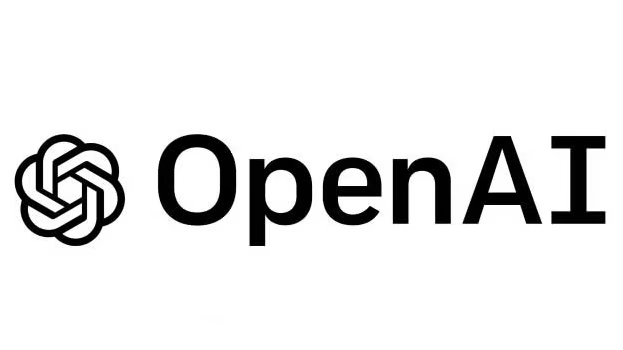ServiceNow, a leading digital workflow company that provides solutions for IT service management (ITSM), operations management (ITOM), and various other enterprise functions, has announced the deployment of advanced Artificial Intelligence (AI) agents within its platform. This move aims to significantly enhance automation, streamline processes, and improve overall efficiency for organizations utilizing ServiceNow’s extensive suite of enterprise software solutions.
The integration of sophisticated AI capabilities into enterprise software platforms represents a major trend across the technology landscape. Businesses are increasingly looking towards AI not just for data analysis or simple chatbots, but for automating complex workflows and augmenting human capabilities. ServiceNow, with its central role in managing IT services, employee requests, customer interactions, and operational tasks for many large organizations, is strategically positioned to leverage AI for substantial impact. The Now Platform, which underpins ServiceNow’s offerings, provides a unified environment for managing digital workflows across departments.
The newly deployed AI agents are designed to handle a variety of tasks that traditionally required significant human intervention. Examples of their functionality include automating the resolution of common IT support tickets by analyzing incident descriptions and identifying known solutions, summarizing complex incident reports for faster understanding and escalation, and intelligently routing requests to the appropriate teams. Beyond IT, these agents can assist in generating drafts for knowledge base articles based on resolved issues, helping employees navigate HR policies and benefits through conversational interfaces, automating routine approval processes based on predefined rules and contextual data, and even proactively identifying potential IT infrastructure issues before they cause outages by analyzing monitoring data.
These capabilities are typically powered by large language models (LLMs) and other machine learning techniques deeply integrated into the Now Platform. They are designed to understand natural language queries, interpret structured and unstructured data, reason through problems, and take appropriate actions within the defined workflows. The goal is to create a more intelligent, responsive, and self-managing operational environment for ServiceNow customers.
Enterprises adopting these AI-powered features anticipate significant benefits. Increased efficiency is a primary driver, as AI agents can handle high volumes of routine tasks 24/7, reducing resolution times and operational backlogs. This automation can lead to considerable cost savings by optimizing resource allocation. Furthermore, by freeing human agents from repetitive tasks, it allows them to focus on more complex, strategic, or relationship-focused activities, potentially improving both employee morale and customer satisfaction. Faster service delivery and more proactive issue identification contribute to a better overall user experience for both internal employees and external customers.
However, the successful deployment of these AI agents also involves careful consideration. Organizations need to manage the integration process, ensuring the agents have access to the necessary data while maintaining security and privacy protocols. Training the AI on company-specific processes and data is often required for optimal performance. Ensuring the reliability, accuracy, and fairness of AI-driven decisions is crucial, necessitating robust testing and ongoing monitoring. Additionally, managing the impact on the workforce, including potential role changes and the need for reskilling, is an important aspect of the transition.
ServiceNow’s investment in AI agents underscores the transformative potential of artificial intelligence within the core operations of modern enterprises. By embedding intelligence directly into the workflows that power IT, HR, customer service, and other key functions, platforms like ServiceNow are enabling businesses to operate more efficiently and effectively, paving the way for the next generation of digital business automation.
Source: ArtificialIntelligence-News.com

